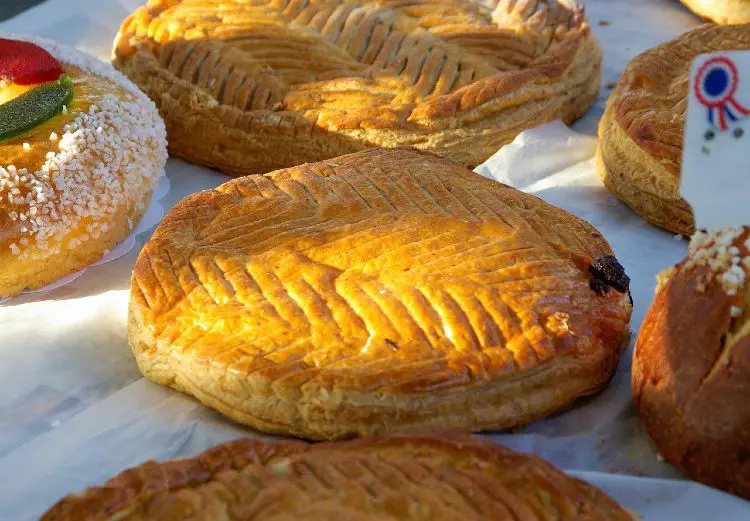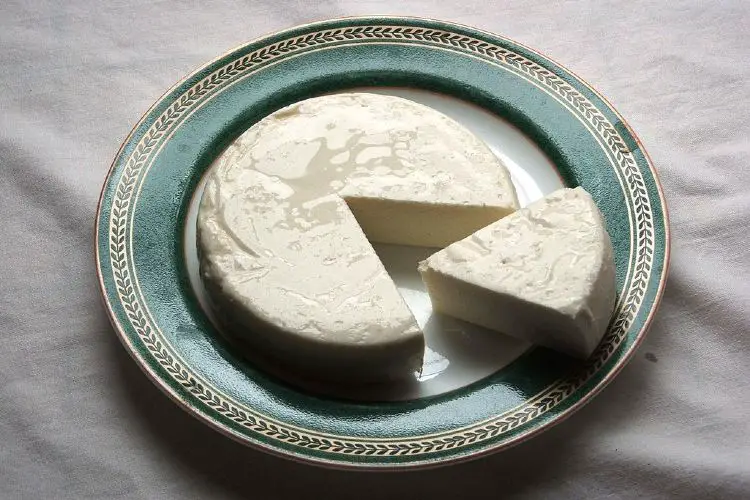The Kitchen Garden at Deans Court
The organic kitchen garden at Deans Court in Dorset is just three quarters of an acre big, but because it is completely surrounded by a tall brick wall, the microclimate created within its protective keep is home to a very bountiful harvest.
So much so that the fruits, vegetables, flowers, eggs and honey that are produced in and around it are enough not only to feed the Hanham family, that has resided here for 500 years, but also the nearby community.
There is a fruit and veg box scheme that is run from the farm shop within the estate, and within minutes of its doors you are in the beautiful market town of Wimborne Minster.
“It’s all go, go, go at this time of year” says Troy Coverdale, the assistant gardener who manages the kitchen garden. The Head Gardener, Julian Ings, and Troy, plus a few helpers during the summer season, manage the entire 13 acre estate that is filled with flower beds, a herb garden, rare trees, a lake, wild flowers and lawns. Quite literally there is no time to stop.
As I wander through the garden I am quite astonished by the range and variety of what is grown here. There is a well and water is pumped from it to provide irrigation for the crops. All the beds are edged by box hedges and flowers are planted amongst salads, cabbages and onion. There is a great deal of companion planting, with rows of calendulas and borage dotted here and there. Lady Jane Hanham, the current Baronet, Sir William Hanham’s mother, was seminal in creating the garden, and she was the very first gardener in Britain to be accredited as organic by the Soil Association.
Dean’s Court kitchen garden is very beautiful, but above all else it is a working, functional and productive garden. The house has to pay its own way, and creating the farm shop and the box scheme, as well as the beekeeping courses, the food festival, the house and garden tours and the new cookery school and restaurant that are about to open, is a means whereby the community can share in the bounty of the estate and contribute to its upkeep at the same time.
The garden wall itself is worth a trip to Dorset to see. Built in the 19th Century by Napoleonic prisoners of war, its cinkle-crankle, serpentine shape is ideal for creating warm pockets where roses, beans, clematis and honeysuckle can climb up. It is also used as trellis for espalier apple and pear trees. The shape makes the wall very strong as well, and it has survived the ravages of time with its moulded stone coping still intact.
Troy tells me that the whole life cycle of the garden is in tune with the seasons, natural predators, nurturing the soil and providing natural habitats. I can see bird boxes on trees, bamboo canes for ladybirds to nest in and plenty of wilder areas for hedgehogs and frogs to build their homes. There is a poly-tunnel, cold frames and two green houses to extend the season naturally. There is netting over soft fruits and boxed in areas to protect figs from frost damage.
Troy has worked at much larger veg box scheme companies, where the eye is directed solely at the bottom line, and where the produce is grown all over the country and travels long distances to get to its final destination. Here the produce is picked early in the morning and left in boxes the cool of the farm shop with a name label for residents, visitors and guests to collect. The distance between soil and sale is literally a few minutes’ walk.
There are also chickens and geese here, as well as an apiary with 15 beehives. Louise Marshall is in charge of beekeeping, and she carries out courses as well as producing the honey for the farm shop.
What about the long wet winters here though, I ask Troy, surely it is difficult to keep going past November? “We just keep going as far into the seasons as we can. There are always winter salads, cabbages, squashes, onions, carrots, parsnips, leeks, potatoes, some apples and, of course, all our preserves” he replies.
His mobile phone is ringing, and another order is coming in. There is no time to stand and be interviewed, the clock is ticking and the Chefs in the kitchen need their supplies. I walk away quietly to enjoy the peace and serenity of this timeless place, so grateful that I am able to enjoy all of its beauty, with none of the hard work.
If you would like a tour of the gardens at Deans Court, or to buy the produce, the website details are www.deanscourt.organd www.feastofdorset.com. The Feast of Dorset Food festival takes place on 17-18 September 2011.

